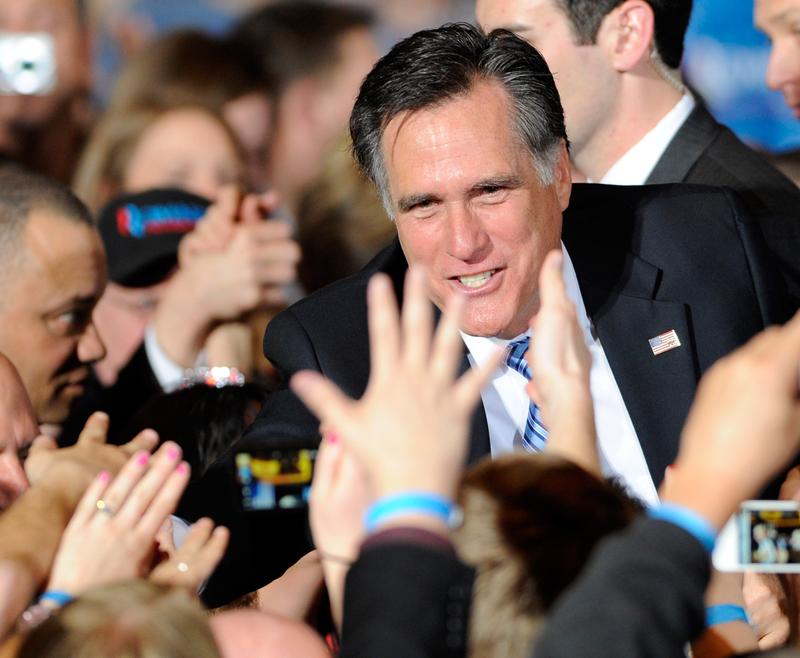
Here's a sure-fire attention grabber if you ever happen to be in a bar where all the TVs are tuned to C-SPAN channel: Ask the patrons who won the 1916 Michigan GOP Presidential primary.
Answer: Henry Ford, the man who brought $5-a-day pay to the men who worked at his auto company. His business success proved to many that he had the organizational and leadership skills to govern a nation. (There was another Ford-for-President boom in 1923, before President Coolidge firmly established his hold on the job).
What brings Ford's brief political ascendancy to mind is this: he's one of the only cases where a businessman vaulted into serious consideration for the presidency — until now.
In a country where one of the most frequent sentiments is that "we need to run the government as a business," Mitt Romney is one of the rare cases where a presidential nominee is arguing that his business background equips him for the job.
Think about it: how many presidents have made such a background the heart of their case?
George W. Bush gained public attention — and millions of dollars — as the public face of the Texas Rangers, but it was his record as governor that he stressed (Romney, by contrast, is saying very little about his years as Massachusetts’ governor, perhaps because his record there raises questions for conservatives).
Jimmy Carter was a peanut farmer, but that background spoke more to his "common man" approach than his business acumen. Herbert Hoover made a fortune in mining, but his fame came from his humanitarian work in providing food to Europe's hungry millions after World War I.
By contrast, look at the backgrounds of the last cluster of presidents: Senator (Obama); Governor (G.W. Bush, Clinton); Vice-President and appointed official (G.H.W. Bush); Governor and actor (Reagan); Governor and state senator (Carter); Vice President and Congressman (Ford); career politician (Nixon, LBJ, JFK).
It seems that, whatever we say about the attractiveness of a business background, it hasn't been what we've been voting for — at least, not for the top job.
So Mitt Romney may face a test that goes beyond what Bain Capital did or did not do in creating or eliminating jobs. The test will be to convince the voters that they really do want a businessman in the White House.
